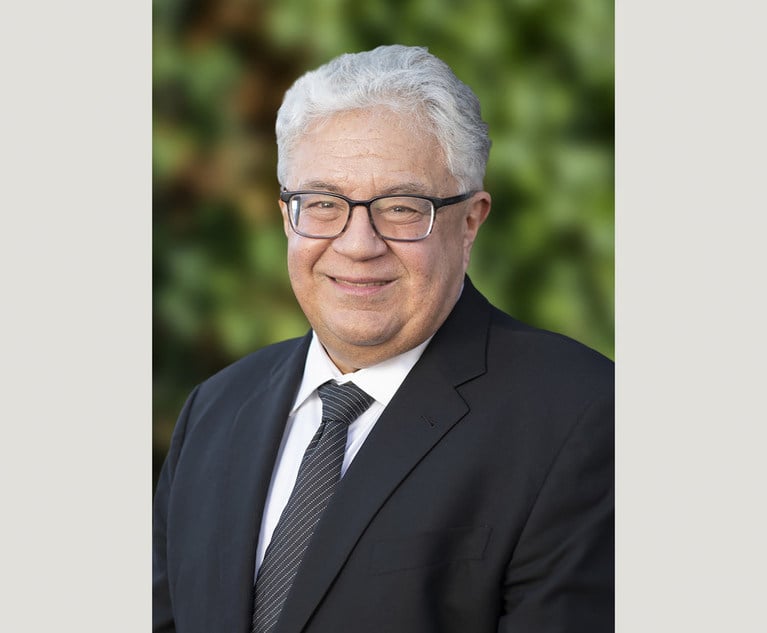In March, in Advisory Opinion No 23-03, The Office of Inspector General (OIG) has responded to a request for an advisory opinion on a proposed arrangement by a parent and laboratory (requestors) to provide prepaid cards of up to $75 to certain individuals, including federal health care program beneficiaries, to encourage them to return a sample collection kit associated with the requestors’ colorectal cancer screening test (proposed arrangement). The opinion analyzed whether the proposed arrangement violated the Federal Anti-Kickback statute (AKS) and the beneficiary inducements civil monetary penalties (CMP). Upon review, and based on the information provided by the requestors, the OIG has concluded that although the proposed arrangement could generate prohibited remuneration under the AKS, they would not impose administrative sanctions on the requestors. Furthermore, the proposed arrangement would not constitute grounds for administrative sanctions under the CMP. The OIG relied solely on the information provided by the requestors and did not conduct an independent investigation of the facts presented.
Facts
The parent is a company that manufactures a noninvasive colorectal cancer screening test (test) that is the first and only such test that has been approved by the FDA as of the time of the advisory opinion being published. The test is performed by the parent’s wholly owned subsidiary, the laboratory, and is the only laboratory that performs the test. Medicare covers the test under specified circumstances. In October 2014, the CMS issued a Medicare national cpverage determination and supporting decision memorandum stating that Medicare Part B will cover the test once every three years for Medicare beneficiaries aged 50 or older who meet certain criteria. In November 2022, CMS revised its coverage determination for colorectal cancer screening, reducing the age from 50 to 45. The test may be ordered for a patient only by health care providers acting within the scope of his prescribing authority (prescriber). After the prescriber submits an order for the test to the laboratory, the laboratory ships the test sample collection kit directly to the patient’s home. The patient subsequently collects his own stool sample, and ships the test-collection kit with the stool sample (kit) to the laboratory in a prepaid, preaddressed package. The laboratory then analyzes the stool sample and compares the composite score of the various assay results to a control to determine a positive or negative result. A positive result may indicate the presence of colorectal cancer or advanced adenoma and should be followed by a diagnostic colonoscopy.
This content has been archived. It is available through our partners, LexisNexis® and Bloomberg Law.
To view this content, please continue to their sites.
Not a Lexis Subscriber?
Subscribe Now
Not a Bloomberg Law Subscriber?
Subscribe Now
LexisNexis® and Bloomberg Law are third party online distributors of the broad collection of current and archived versions of ALM's legal news publications. LexisNexis® and Bloomberg Law customers are able to access and use ALM's content, including content from the National Law Journal, The American Lawyer, Legaltech News, The New York Law Journal, and Corporate Counsel, as well as other sources of legal information.
For questions call 1-877-256-2472 or contact us at [email protected]


 Vasilios J. Kalogredis, with Lamb McErlane. Courtesy photo.
Vasilios J. Kalogredis, with Lamb McErlane. Courtesy photo.




